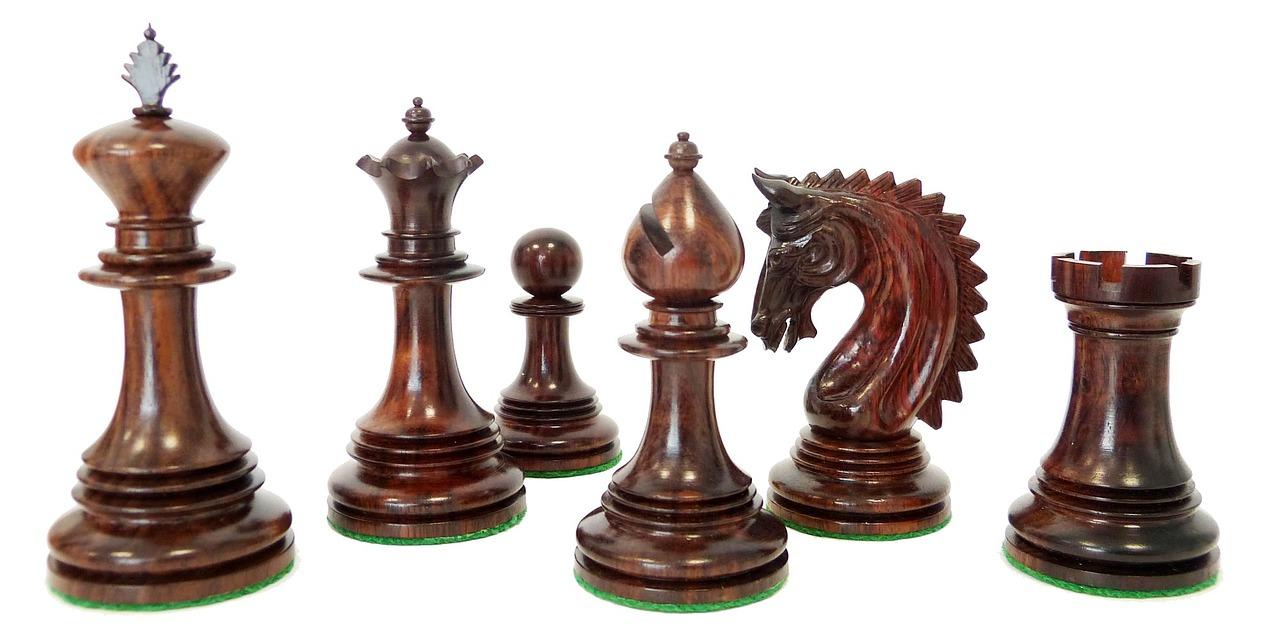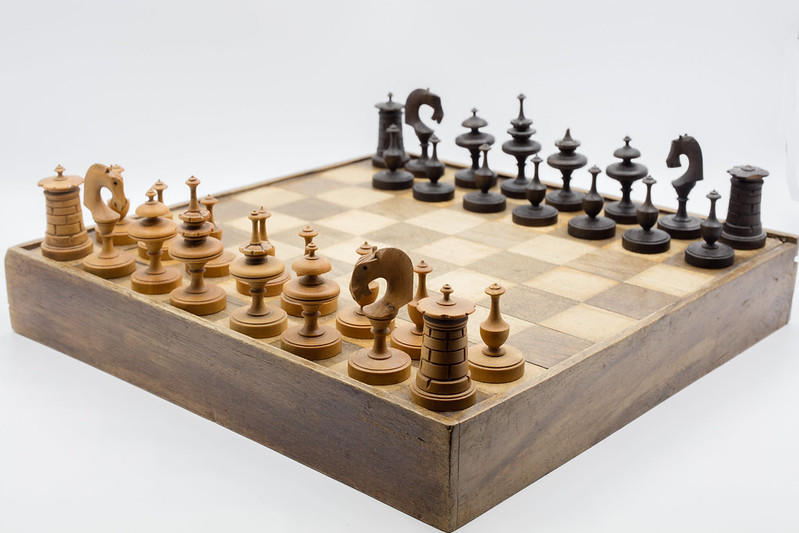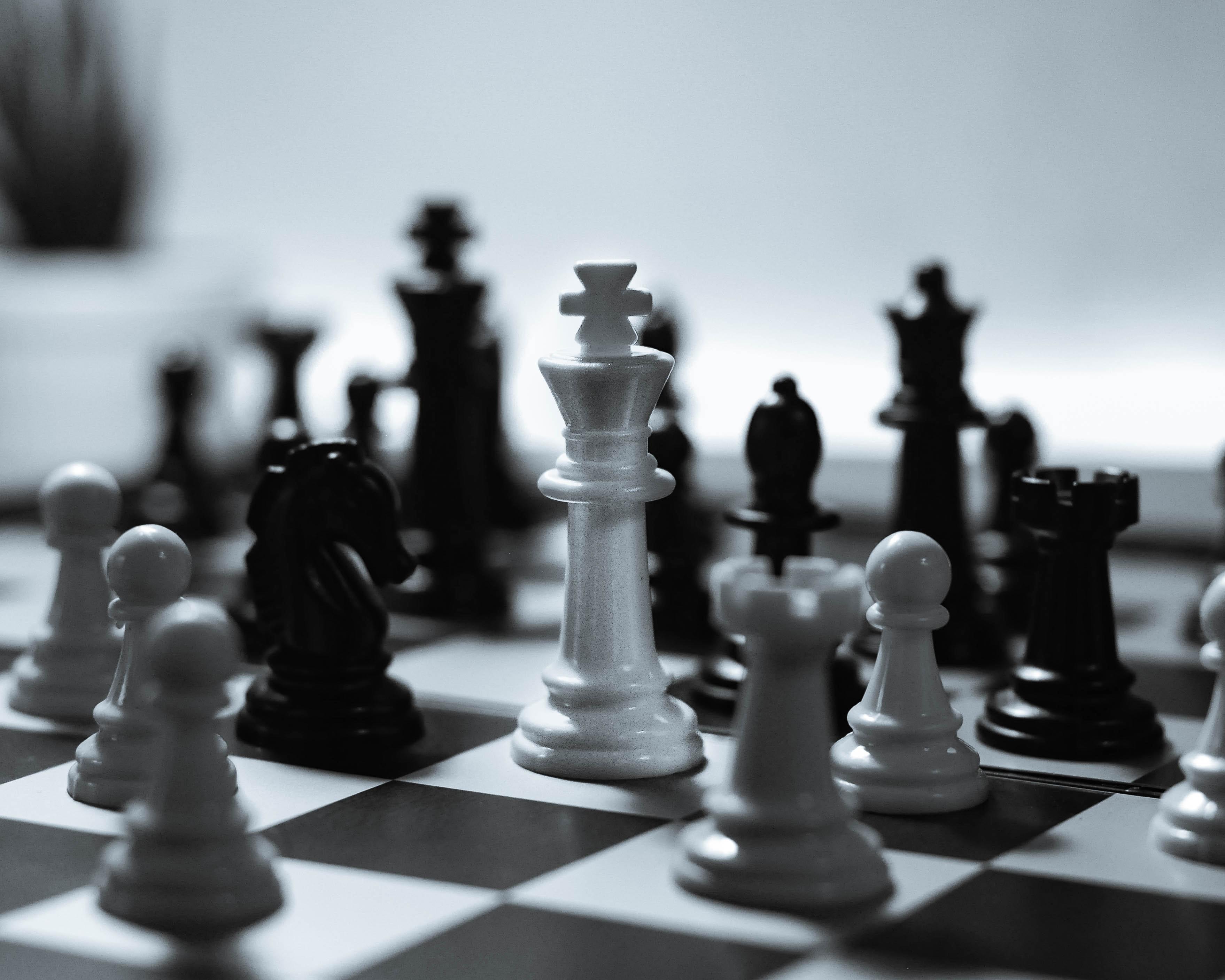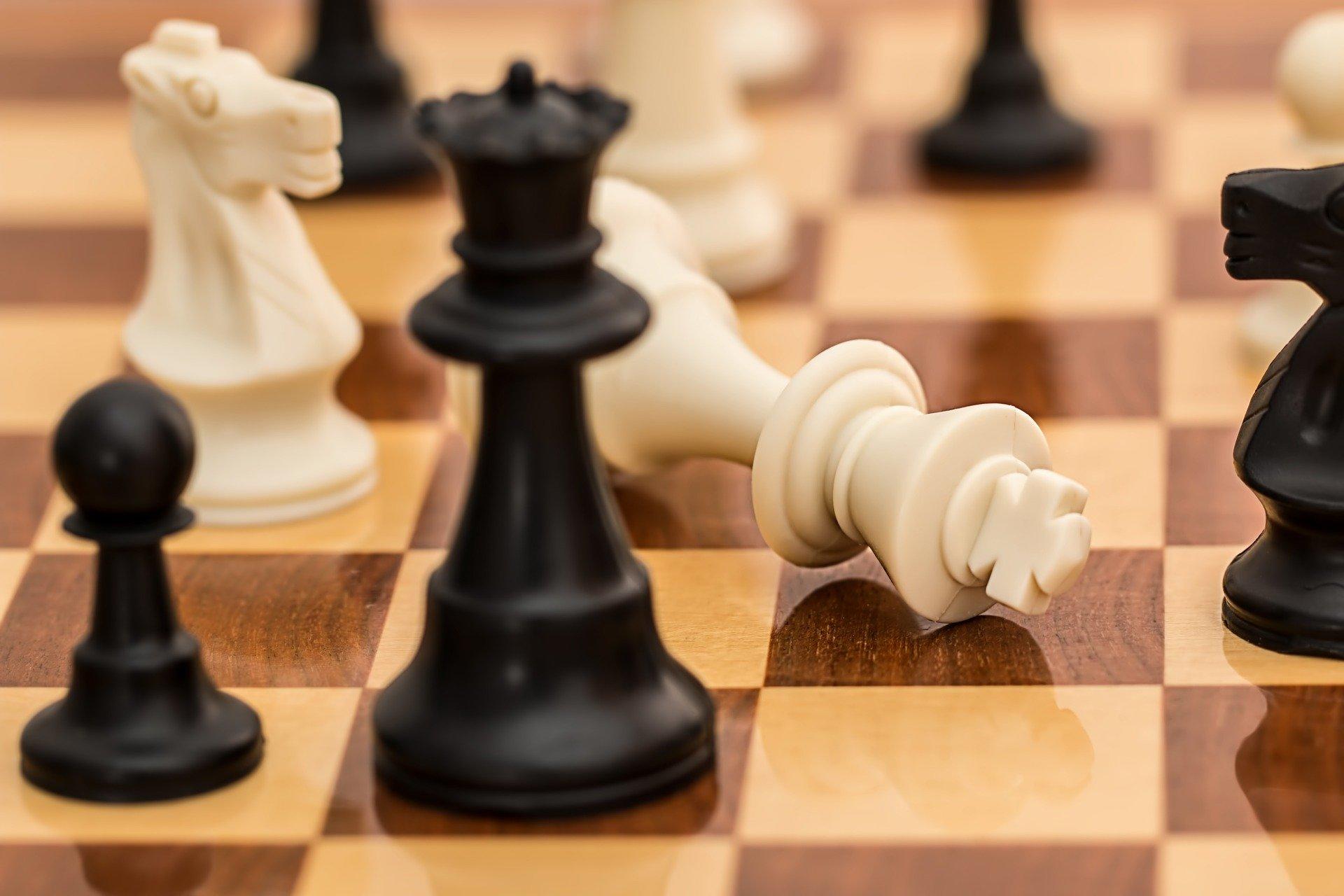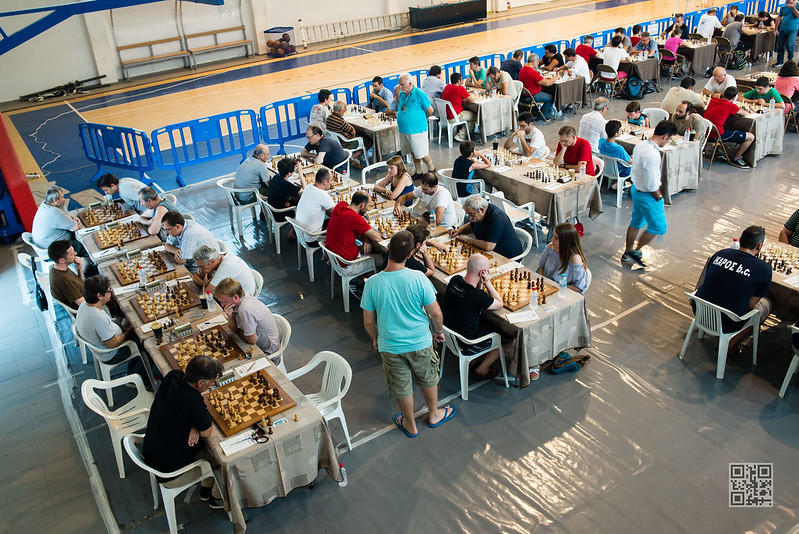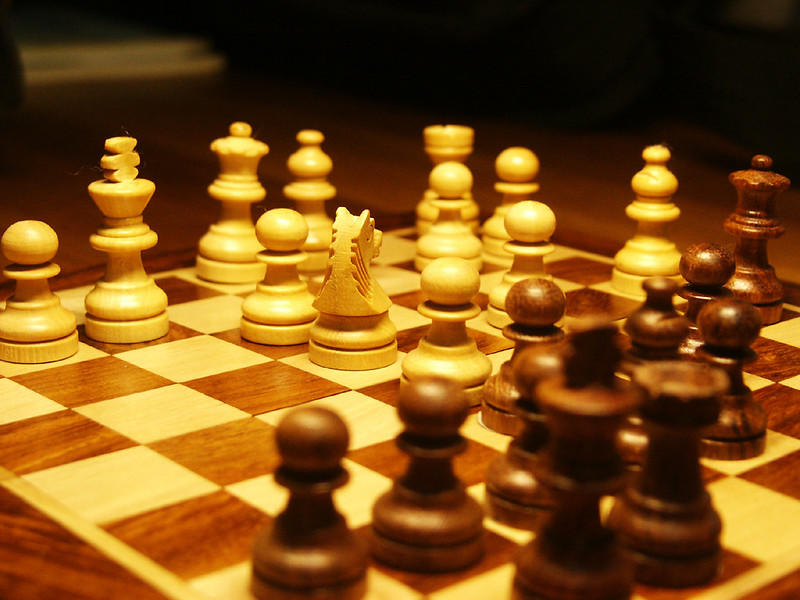Chess is a cerebral board game that requires quick thinking and sharp decision-making skills. These are just a few of the reasons to get your kids into the game from an early age. However, there are many more since chess poses unique problems and forces the player to adapt to emerging situations and next moves before they’ve materialised. If your child shows an aptitude for logic-based subjects like maths or science, or they show promise academically but struggle to channel their energy into a single subject, introducing them to the game of chess could be one of the best things you do for their cognitive development. In kids’ chess, there are many life lessons to be learned, such as acting with grace in victory and taking a loss without overreacting. It teaches patience, which is a trait hard to come by in many children, as well as how to strategically overcome obstacles to get to where you want to go. If you’re already convinced, you might be wondering how you can teach your child to play chess, how to find a tutor, or what online resources are at your disposal. That’s why we created this guide: to provide you with all of the information you need to set your child up for competency - or perhaps even advanced proficiency - in the beloved board game. 

How can I teach my child Chess?
Teaching your child to play chess isn’t as easy as dusting off the old chess set and challenging them to a game in the hope that they improve. Given the great degree of challenge associated with the board game, chess can often cause frustration in children, especially when they are just starting out and struggling to get to grips with the rules. As with any game with a complex set of rules, one of the best things you can do for your child is practise patience and try not to force anything. Yet if your kid shows an interest in chess - even if only fleeting - this is a good sign that you should persist since they could stand to benefit a lot from playing the game in the long run. With that said, here are a couple of tips for staying composed and keeping your child motivated in the pursuit to learn chess: Use Positive Reinforcement Children respond to positive reinforcement such as praise, and in the context of learning a new skill or game, this will usually work much better than scolding or getting frustrated with them. Sure, your child might improve much quicker if you constantly correct them and tell them when they do something wrong, but you also might eventually push them away from the game entirely. As a kid, when you feel like everything you do is under heavy scrutiny by your parents and the slightest misstep results in them shouting or admonishing you, you’re going to lose steam and start to resent the activity quickly. You also don’t want to go too far in the other direction, and praise every move your child makes and let them win every single time. There is a balance to be struck, as with anything. The main thing to bear in mind is that you should try to ensure your child is able to learn from their mistakes and even from losing in a way that feels constructive and like they’re making solid progress. Keep it Fun This perhaps goes without saying, but you want to make sure you keep things fun at all times when teaching your child to play chess. This might sound like a challenge, but really you just have to focus on the game itself, since that should provide more than enough entertainment value. This is a board game that millions of people invest thousands of hours in, so there must be something vaguely enjoyable about it, right? If your kid is getting bogged down in the rules or confused about the pieces, you can try to move the emphasis towards the various pieces and talk about what they represent. Or maybe your child would prefer to give online chess a go against an AI bot. Or perhaps you can play with only pawns every now and again for a unique challenge.
The Best Chess Sets for Kids

Where Can You Find a Chess Teacher for Your Kid

Online Resources to Teach Your Child Chess
For many, growing up, the only chess for kids resources available were books you had to rent out from the library. These days, there’s a whole wealth of resources available, and all of them just a click away if you have access to the internet. The internet truly is a wonderful thing when it comes to introducing new subjects or skills to children. It even helps us learn new skills as adults since you can find material and resources that cater to our preferences and interests. If your child is a visual learner, then maybe they’ll want to watch instructional tutorial-style videos on an established chess website, picking up tips from pros along the way. If they prefer to learn by doing, then you can enroll them in a comprehensive chess course that will teach them everything they need to know, or simply set them up against an online AI bot and let them learn by trial and error. Perhaps they want a more hands-on learning style where they’ll be matched online with someone else and test out their skills against a real human to get a good idea of how much progress they are making. Whatever you suspect will be the key to motivating your child to stick with chess and get the most enjoyment out of it as possible; that’s what you should try to find online. Here are some examples of top online resources for learning chess for kids: Chess Kid When it comes to online chess for kids, Chess Kid is perhaps the most popular website around. It offers plenty of free resources if you sign up for an account, but it also has a gold membership that gives you access to all kinds of informational videos and extra features if you’re willing to make the ongoing investment. Chess Academy For Kids Chess Academy For Kids is an app that is best for children over the age of 8. It lays out all of the rules and strategies, with tutorials and more, so that your child can get to grips with the basics and start playing as soon as possible. There are chess lessons for kids, too, so they can speed up their progress.
Summarise with AI:


















